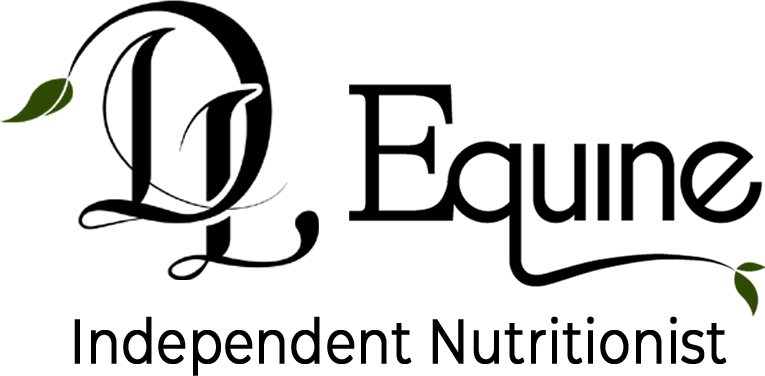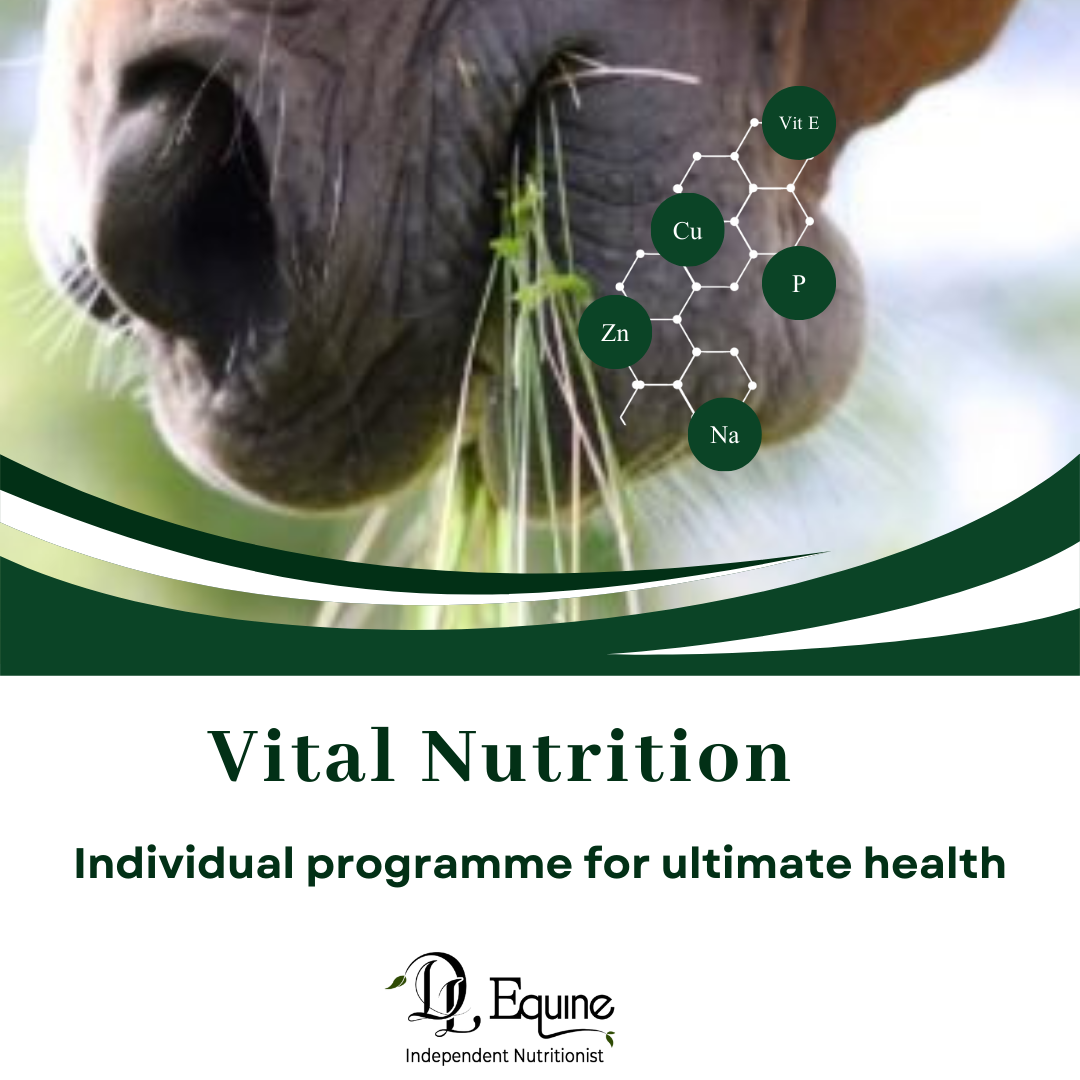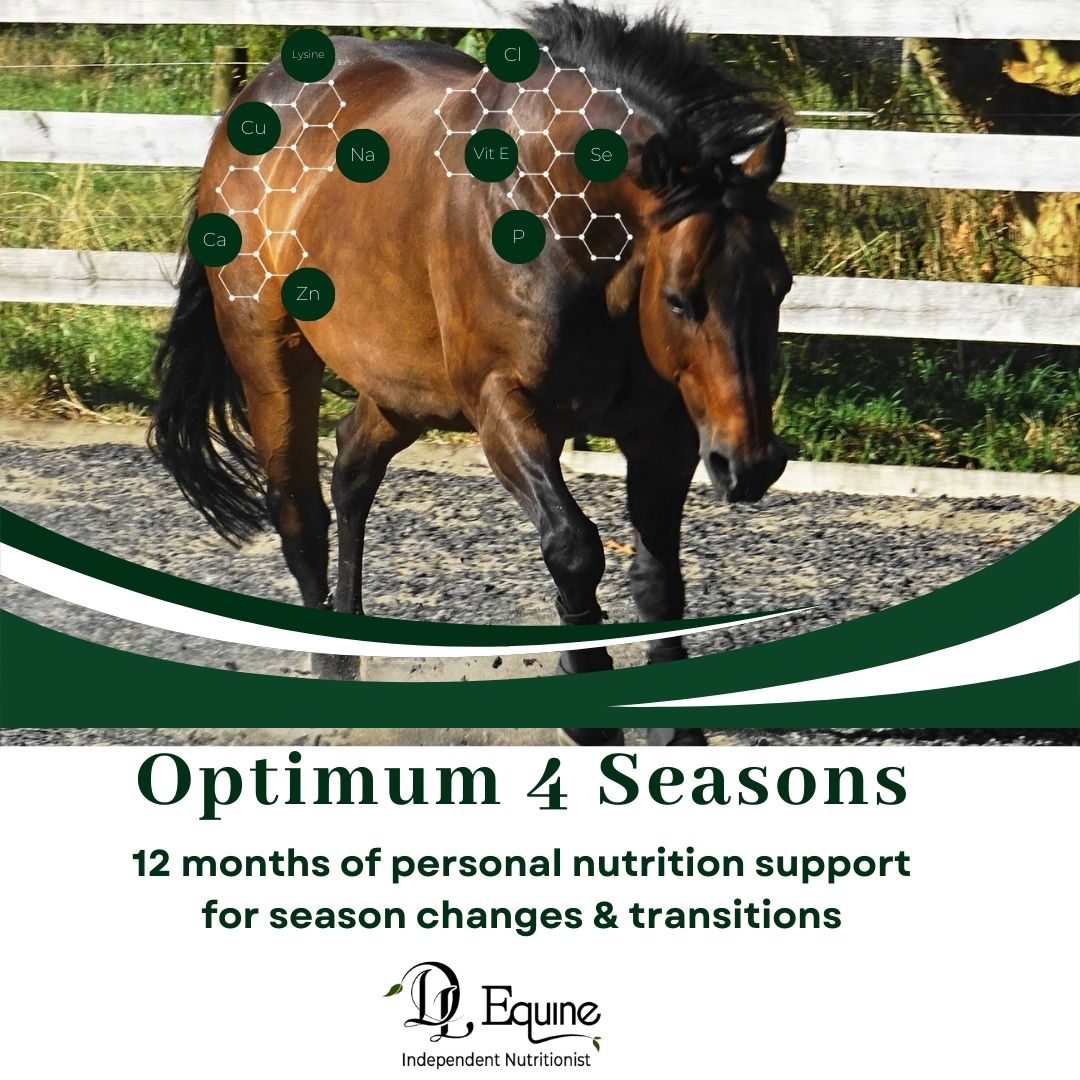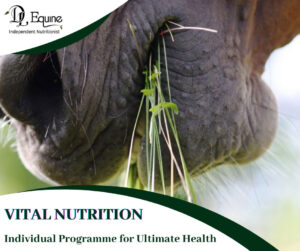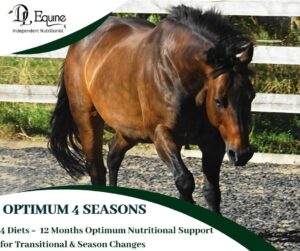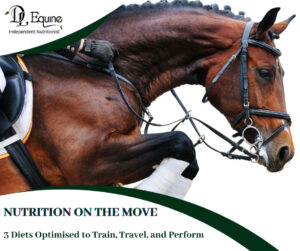If you have animals you will always have vet bills right!
I am also a firm believer that if you have animals, in particular horses, you need to create a team of experts that are your crew = your nutritionist, your vet, farrier, physio, saddle fitter, etc..It takes the right team!
I have had a number of conversations with clients recently about horse injuries and illnesses, of course with nutrition always knocking at the front of my mind on how it can prevent or improve conditions.
I recall quoting last week that if you have owned a horse for 5 years or more you are unbelievably lucky to have escaped experiencing such things as colic or a nasty cut or tendon injury…etc
Right on cue, my own gelding decided he hadn’t seen his favourite vet Catherine in a while and decided to strain his tendon. Its tragic to watch such formerly healthy horses suddenly hobble around in such obvious pain.
I blamed said injury on Catherine’s retired horse who is living out his golden years at my place, however, she tells me it was probably a strain he inflicted on himself from attempting a fancy spin kick at her horse (shes most likely right ☹)
I know things are at their worst when my quarterhorse (the Labrador of the horse world) has decided he is in too much pain to eat!
That’s when your heart really starts to race and horror stories run thru your mind…the what ifs…
Right here is when I reset myself with the knowledge of working with your vet in conjunction with the best nutrition will aid in speedy recoveries from injuries such as these!
Daily hosing was required for the big balloon leg!
Specific examples of how nutrients help repair the body;
Zinc
Zinc is an essential trace mineral that is required in the horse’s diet to support the proper function of many enzymes and proteins.
It is involved in antioxidant protection, immune function, protein synthesis, and supports healthy hooves and skin. It is critical in cell division and membrane integrity, wound healing, growth and maturation, DNA synthesis, cellular metabolism, and neurological function.
Zinc also supports the synthesis of chondroitin sulfate, which is necessary for cartilage formation.
Most forages are low in zinc, so I know I have to supplement my horse and the healthy levels that he ingests will aid in tissue repair.
NZ Green Lipped Mussel
Green-lipped mussels have excellent anti-inflammatory properties. They contain high levels of omega-3 fatty acids, which help soothe stiff joints and reduce swelling.
Green-lipped mussels are rich in glucosamine, a natural substance that helps strengthen joints by rebuilding connective tissues and cartilage. This substance is can also aid in repairing damaged tissues after injuries.
Vitamin B
B Vitamins have a wide range of roles in the horse, including;
The metabolism of the horse’s nutrients, such as fats, proteins, and carbohydrates.
The health of the mucous membranes in the digestive tract and assisting some of the glands and hormones that aid metabolism of nutrients.
B vitamins are produced inside the horse by the bacteria of the hindgut.
The B complex vitamins are water-soluble and reserves are not stored in the body, so daily intake is required.
Healthy horses on pasture will rarely show signs of deficiency, there may be times when a supplemental source of B vitamins can be optimal for healing and health issues. = In times such as when your horse has reduced appetite and general ill thrift due to illness or stress as there may be a diminished supply from both internal sources.
The flow-on effects of a horse not eating is to be avoided at all costs;
Most particularly those fragile wee gut microbes that digest the food and fuel the body and therefore aid in the body’s repair need to be kept happy as can be to prevent gut ulcers or colic or generally slow return to optimum health.
If a horse is not eating, then a B complex may help by boosting the metabolism and allowing the horse’s body to use the food it is eating.
There is some evidence that Vit B in this situation increases the horses’ appetite which resolves that unwanted cycle (of doom) of not enough fibre in the gut which increases the gut acidity, which kills off the microbes, and reduces the Vit B available for the body’s use, which results in further lack of appetite!
See why I called it the cycle of doom ;(.
Ok I’m being dramatic here, but you get the idea. Back to keeping those gut microbes happy again!
I hope you gained useful information that is helpful in navigating the pathways of feeding your horse and keeping him healthy.
Happy Feeding!
Dale
@dlequinenutrition
Dl Equine
